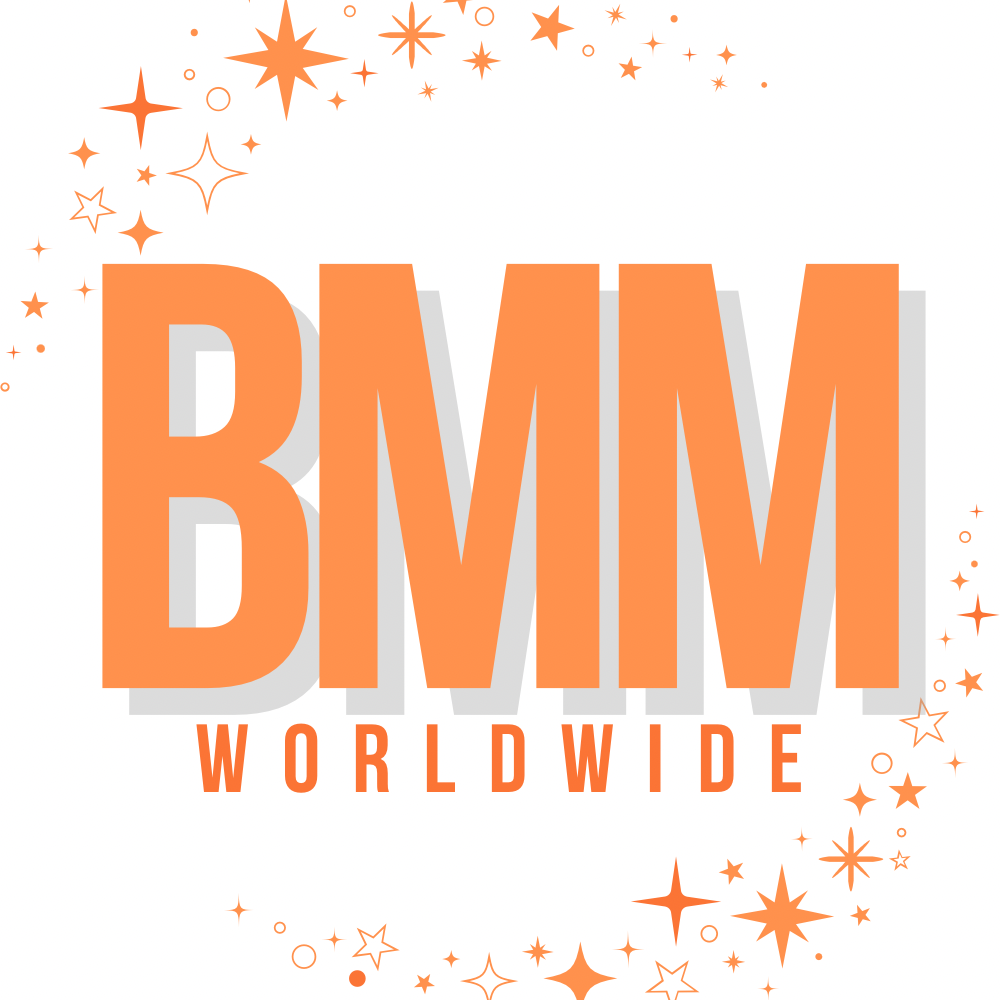“The best single volume treatment of a seminal but under-discussed event in modern history that I’ve read.”
watch Pogrom LIVE@CooperUnion
NY Times editor and writer, Bari Weiss & NY Times deputy Washington editor, Jonathan Weisman in conversation with STANFORD HISTORIAN Steve ZIPPERSTEIN
“With extraordinary scholarly energy, Zipperstein uncovers sources in Russian, Yiddish, and English that show not only why this bloody event ignited the Jewish imagination, its sense of embattlement in exile, but also why it had such lasting resonance internationally.”
“A SPLENDID BOOK THAT PINPOINTS THE MOMENT AT THE START OF THE TWENTIETH CENTURY WHEN EXILE IN EUROPE TURNED DEADLY IN A WAY THAT FORETOLD THE END OF EVERYTHING. IT TELLS OF HORROR THAT OCCURRED STREET BY STREET, BUTCHERY BY BUTCHERY - TOLD WITH GRIPPING CLARITY AND AN ADMIRABLE BREVITY.”
“RIVETING… DEMONSTRATES HOW THE TRAGEDY AT THE HEART OF RUSSIA SERVED AS A CATALYST FOR THE WIDEST RANGE OF INSTITUTIONS INCLUDING THE NAACP… WILL INTRIGUE SCHOLARS AS WELL AS THE WIDEST ARRAY OF READERS.”
“A MODEL OF THE HISTORIAN’S CRAFT, DEMONSTRATES HOW A SINGLE EVENT IN A PROVINCIAL TOWN CAN SHAPE THE IMAGINATION OF A CENTURY.”
Separating fact from myth, Stanford University professor Dr. Steven J. Zipperstein shows how a riot that broke out in a dusty, backwater town in late-Tsarist Russia became the big bang of the twentieth-century. Amplified by a revolutionary mix of politics, poetry, immigration and modern media, this otherwise unremarkable savaging of Russian Jews lent disproportional and crucial impetus to movements as far flung as the Russian Revolution, Zionism, the Jewish-American Left and the NAACP.
On the 115th anniversary of the Kishinev pogrom
W. W. Norton & Co. / Liveright Publishing present:
POGROM
Kishinev and the tilt of history
Steven J. Zipperstein
Contributor to the New York Times and Washington Post and co-editor of the acclaimed Jewish Lives series of biographies published by Yale University, Dr. Zipperstein is an eminent historian and literary critic.
In three days of violence in April 1903, 49 Jews were killed and 600 raped or wounded, while more than 1,000 Jewish-owned houses and stores were ransacked and destroyed. Recounted in lurid detail by newspapers throughout the Western world, led by the ascendant Hearst newspaper chain, Russia’s Easter rampage seized the imagination of an international public and became the prototype for the state-sponsored, Church-fueled anti-Jewish barbarism that would become known as a “pogrom.”
Cinematic and reminiscent in sweep of the movie Reds, POGROM arrives at a time when public outrage is once again focused on the treatment of refugees, violence against women, and state-enabled antisemitism; a time of resurgent nativism when the alliance between African Americans and Jewish Americans forged in the wake of the Kishinev Pogrom - has renewed relevance.
POGROM is propelled forward by the luscious prose and consummate storytelling of a virtuoso historian intent on bridging the gap between nonfiction and fiction in rendering a wholly truthful portrait of the dimly remembered Russian crucible of the 20th century. Using new evidence culled from Europe, Russia and Israel, Steven Zipperstein provides startling new insights into one of one of the most lavishly misunderstood historical moments of the modern era. His book is certain to become a standard-bearer for how the contemporary Jewish past is understood, and one of the primary reference points for today’s discussion on Russia, Israel, refugees and fake history.
“He has done something subtle, elegant and masterful... a quite remarkable book”
“In his new book, “Pogrom: Kishinev and the Tilt of History,” Steven J. Zipperstein outlines the role Kishinev played in spurring the alignment of American Jews with Leftist politics.”
“Pogrom is an outstanding book, both for what it says directly and for all it implies. ”
Media Contact
Suzanne Balaban
212 796 5895
@BMMWorldwide
PRESS MATRERIAL
Galley mailing exterior
Book cover Hi-Res
Galley mailing interior



